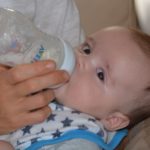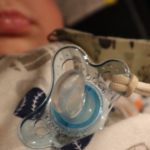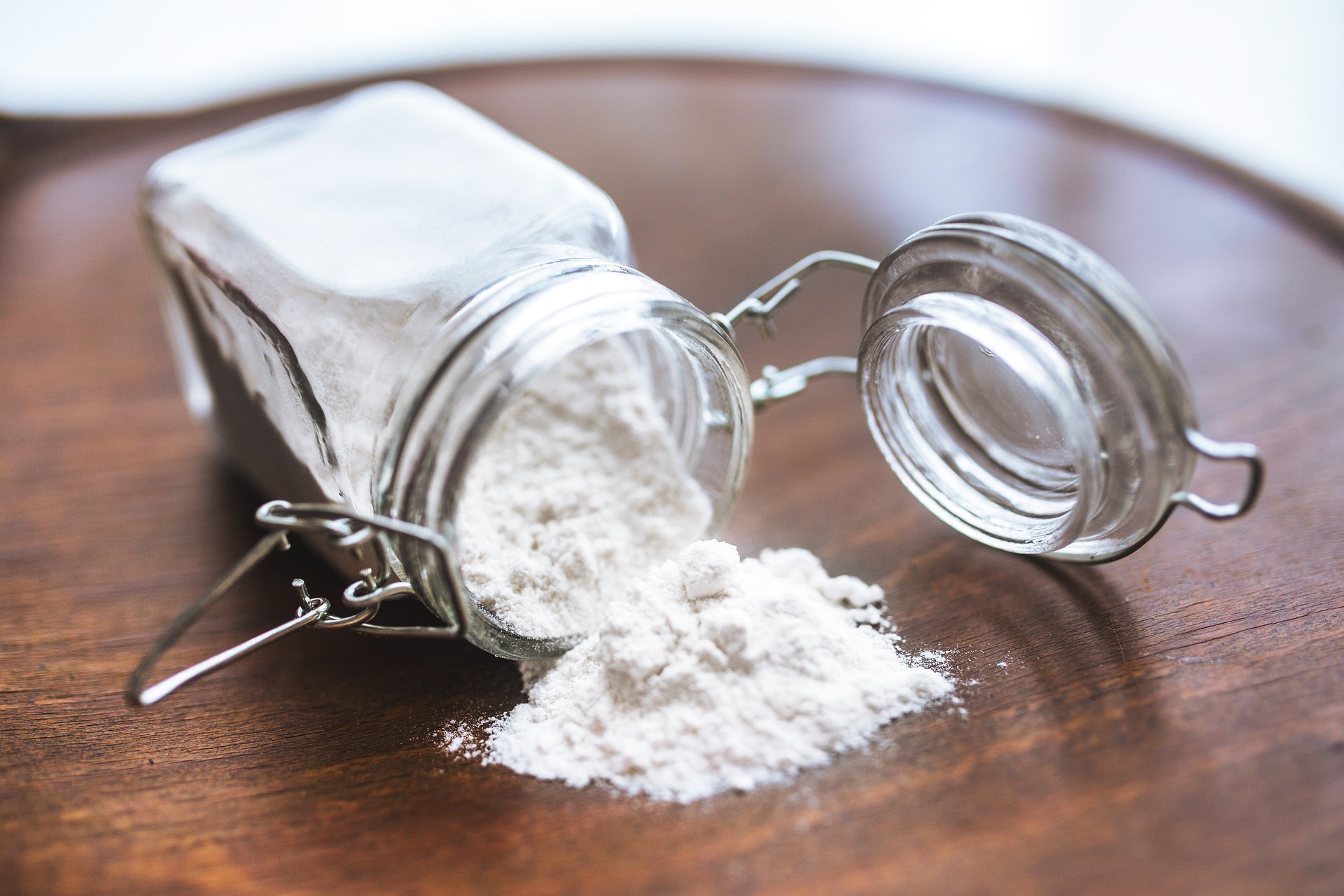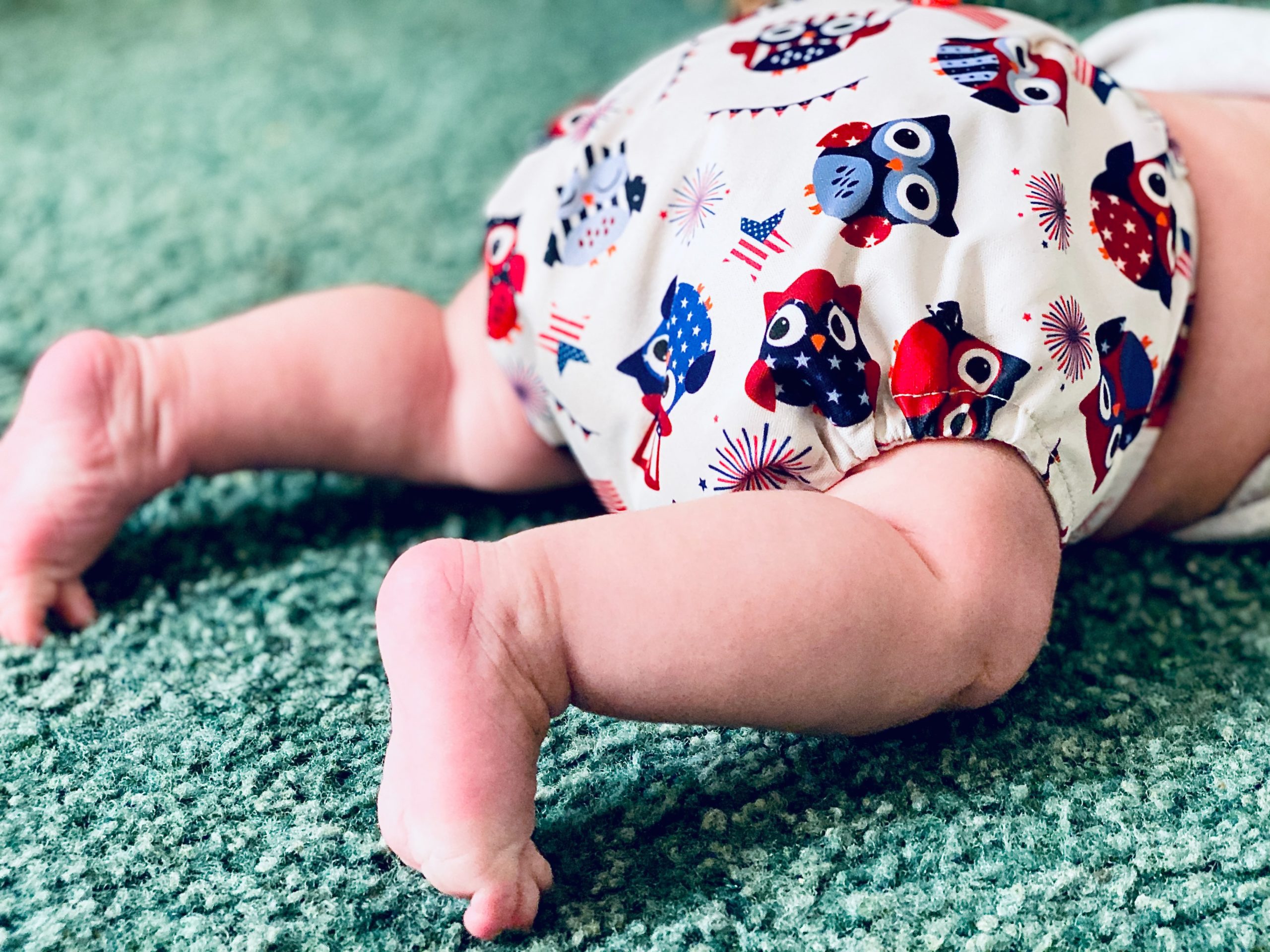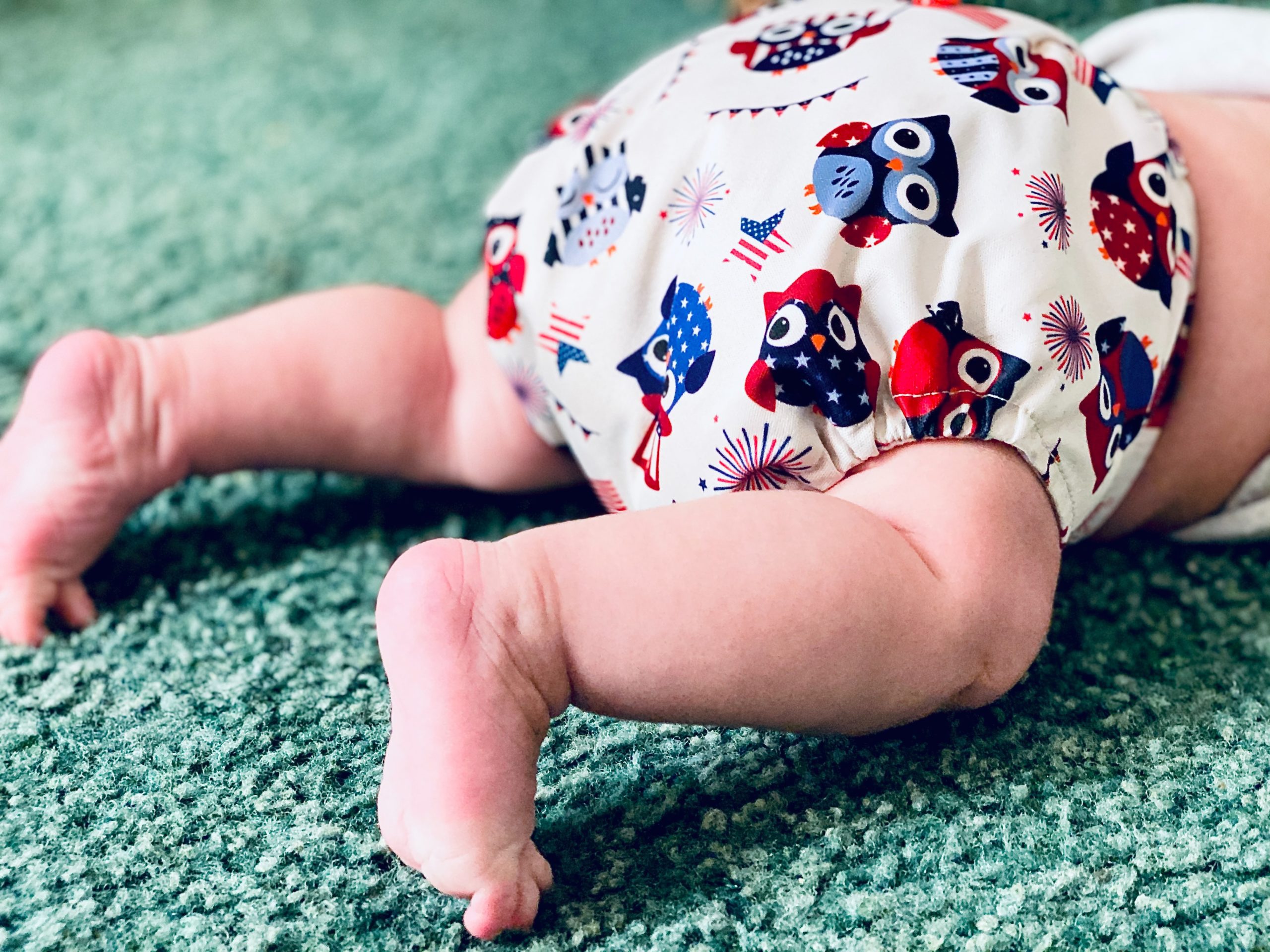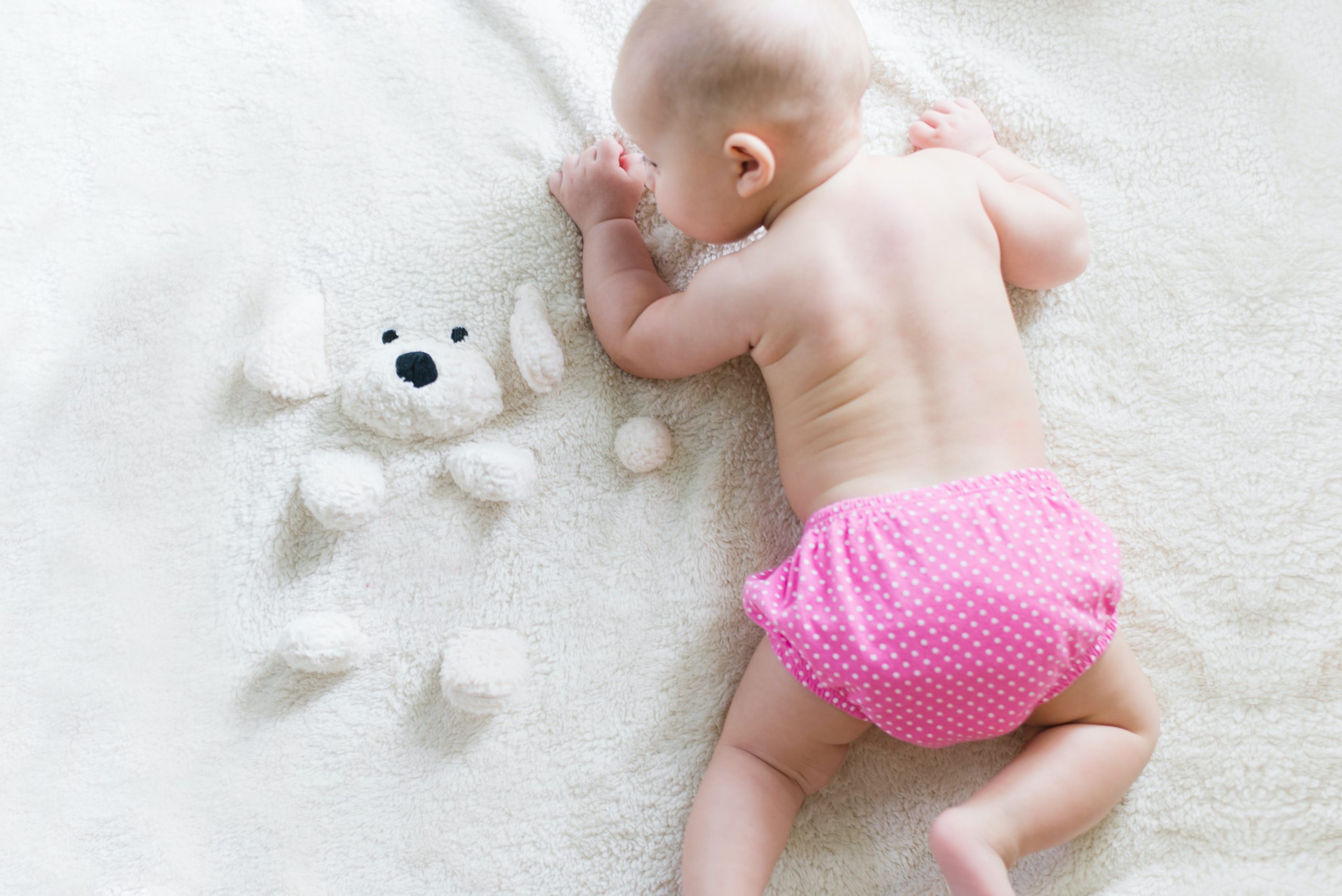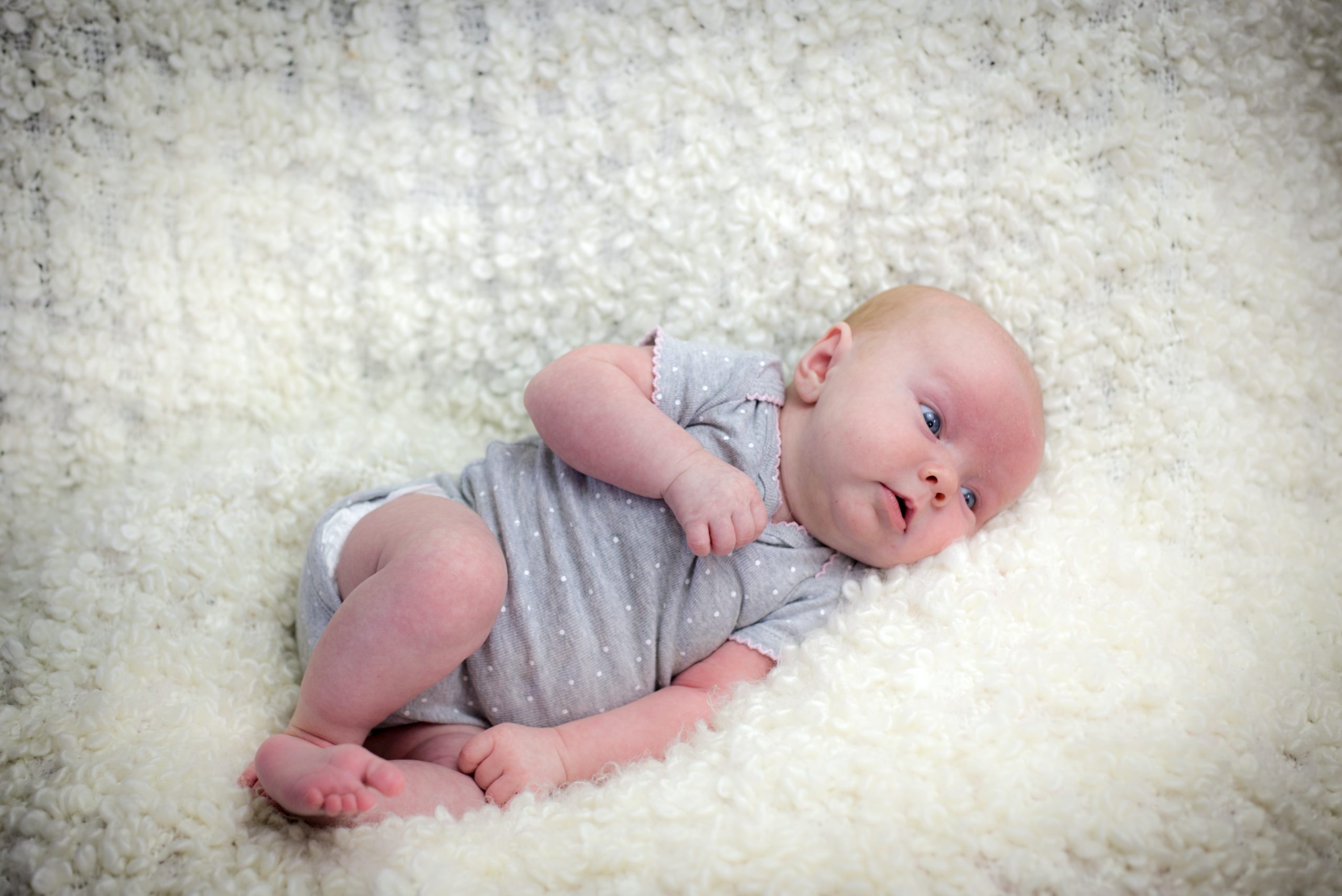Is corn starch good for diaper rash? Since there has been so much debate regarding the safety of baby powder in recent years, it can be confusing to determine whether or not alternatives like cornstarch are safe to use on your child. In today’s article, we’ll take a look at the pros and cons of using cornstarch for diaper rash, so that you can make an informed decision about what’s best for your little one. My name is Sharon Dunn and I created this site to share my experiences for young parents to benefit.
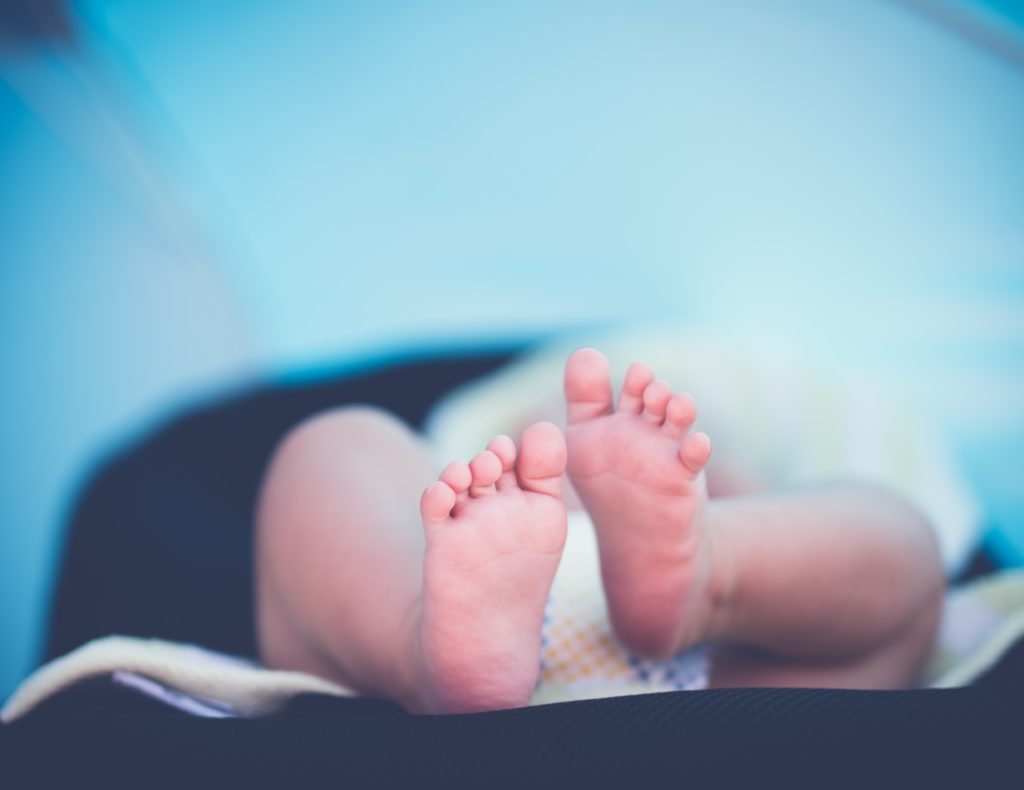
What Are Diaper Rashes?
As an infection, diaper rash can manifest at any time, leaving many parents scrambling to find a solution. You may feel like the worst kind of parent when your kid gets a diaper rash, but there are things you can do to assist alleviate the discomfort they’re in. The germs that cause these rashes are produced by the moisture in feces, which is more harmful to the animal than you may assume.
Since it is impossible to prevent a child from soiling their diapers, parents must resort to alternative measures, such as regular diaper changes, to reduce the risk of skin infections in their infants. We should not disregard diaper rash because it may indicate more significant health problems.
Talcum Powder’s Potential Health Risks
The talc in conventional baby powders is the main ingredient. Talc, a mineral derived from magnesium, silicon, and oxygen, is refined into talcum powder. Due to the prevalence of talc mines in locations with high asbestos content, the mineral is sometimes contaminated with carcinogenic minerals. Asbestos has been linked to lung and ovarian cancer in several studies. Talc is a known respiratory and pulmonary irritant. Because of how easily irritated a baby’s lungs are, talcum powder is not a good idea to use around the diaper area. Particles in the air can still enter their respiratory system even if they take extra precautions. Johnson & Johnson has been the target of multiple lawsuits alleging that cancer and other health problems can be traced back to their baby powder.
What Is A Cornstarch?
Corn starch is a natural product that is made from dried corn kernels. It has been used as a topical treatment for diaper rash for many years and is thought to be effective because it helps to absorb moisture and keep the skin dry. Additionally, corn starch is gentle on the skin and unlikely to irritate.
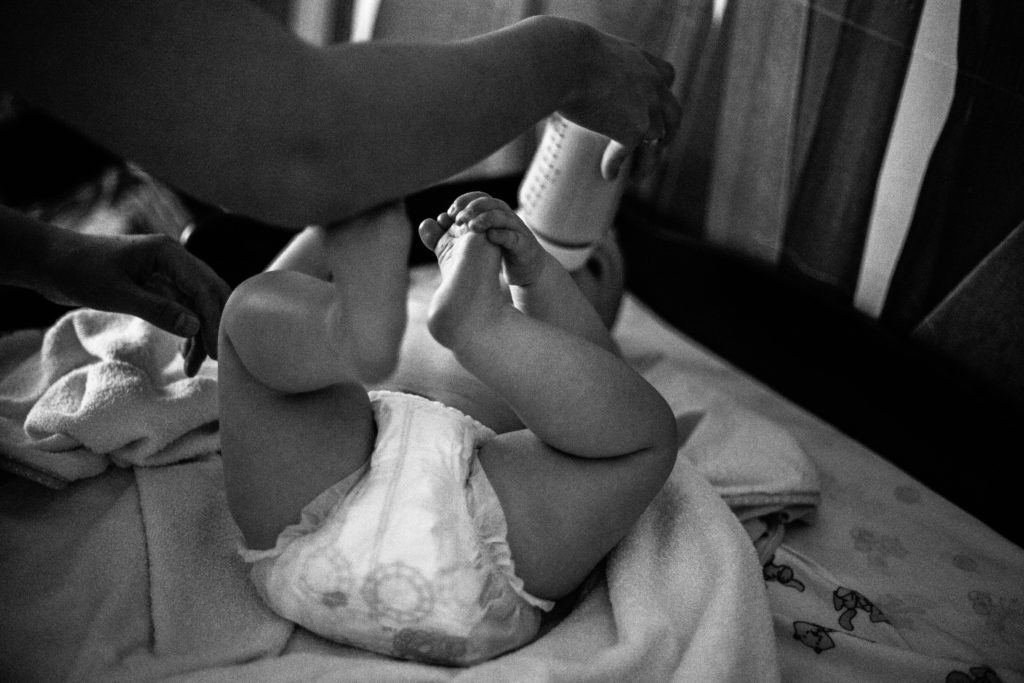
Regular Baby Powder vs Corn starch Powder
Cornstarch and talcum baby powder differ in two key aspects:
Larger Particle Size
This is because cornstarch has larger particles than talc, making it less likely to cause respiratory problems. Cornstarch has an average diameter of around 15 m, while in the United States, talc particles are between 2.4 and 3.1 m in size.
Note that the particle size of American talc (tenth percentile diameter 2.4 to 3.1 m) is much lower than that of French talc (10.5 m) used in Europe, as reported by ScienceDirect.com. Due to the vast size difference, cornstarch is significantly less likely to penetrate deep into the respiratory system.
Cornstarch’s Origin Is Safer
Cornstarch (or corn flour) is a food additive and thickener that is produced from ground-up maize kernels. Talc is a clay mineral that is frequently found in deposits alongside asbestos. Brands of cornstarch such as Maizena and Fleischmann’s can be purchased in the baking section of most grocery stores.
Is Corn Starch Good For Diaper Rash?
Cornstarch, like talc, can greatly lessen the frequency and severity of diaper rashes in your kid. Let’s go over the five benefits of cornstarch that make it a great choice for treating rashes:
Natural
Corn flour, despite still requiring processing, is a well-known pantry essential on par with coconut oil and vinegar. Most mothers would agree that homemade remedies from the pantry are preferable to store-bought, pre-made lotions and balms, regardless of how eco-friendly the latter’s packaging may be.
pH Neutral
Cornstarch is a ph-neutral substance, making it mild and safe for use on the skin.
Drying
Cornstarch isn’t water-soluble, but it will “suspend” itself in water, thus it can be used to treat diaper rash by drying the skin and forming a smooth barrier over it. The simplest method to learn about these paradoxical effects is to rub some into your skin (after a shower or after washing your hands).
Creates Barrier
Cornstarch forms a protective barrier between the baby’s skin and the wet diaper since it is insoluble in water and acids more powerful than those found in urine, such as vinegar.
Lessens Friction
Cornstarch, like talc baby powder, has a smooth, fine texture that helps prevent chafing when used in diapers.
Cornstarch: Good Or Bad For Cloth Diapers?
You need not worry about any harm coming to your cloth diapers from the use of cornstarch. Because cornstarch is insoluble in water, it will not penetrate the absorbent layers of your diapers, even after being washed. It also means that the cornstarch particles in the water can be easily removed by the detergent. Because of this, you can use cornstarch in your cloth diapers without worrying about harming your baby.
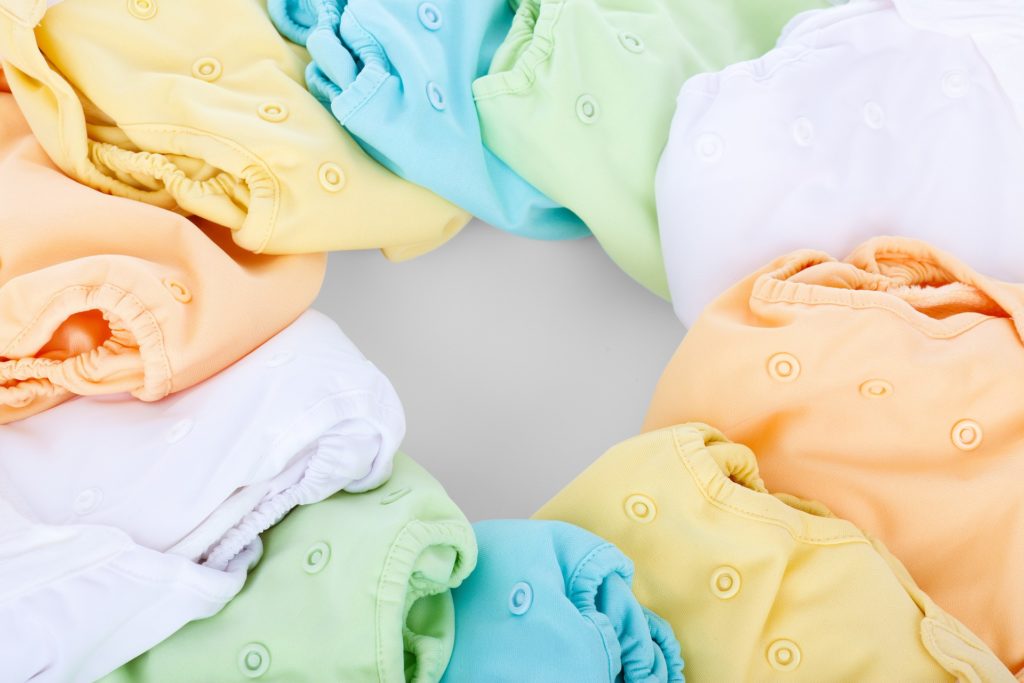
Does Changing A Diaper Require The Use Of Baby Powder?
When changing a baby’s diaper, the American Academy of Pediatrics (AAP) recommends that parents not use cornstarch or talc-based baby powders. It’s better to use simple, all-natural items to keep the region clean and moist. Likewise, if you see that your baby’s diaper is soiled, change it as soon as possible. This eliminates the need for any further materials to maintain a dry environment. This not only prevents your child’s bottom from getting irritated, but it also helps you save money. Diaper changes will go more quickly, and you’ll save money by not having to buy as many supplies. Furthermore, baby powder can only aggravate already irritated skin, so never apply it to a baby who has a diaper rash.
Final Thoughts By Sharon
Both your kid and your cloth diapers can benefit from using cornstarch. Because cloth diapers lack the “keep dry” chemical magic of disposables, a common complaint among cloth diaper users is diaper rashes caused by dampness. Cornstarch is a natural, safe, and effective alternative to baby powder for this purpose.
Always check with your doctor before using anything on your baby.

